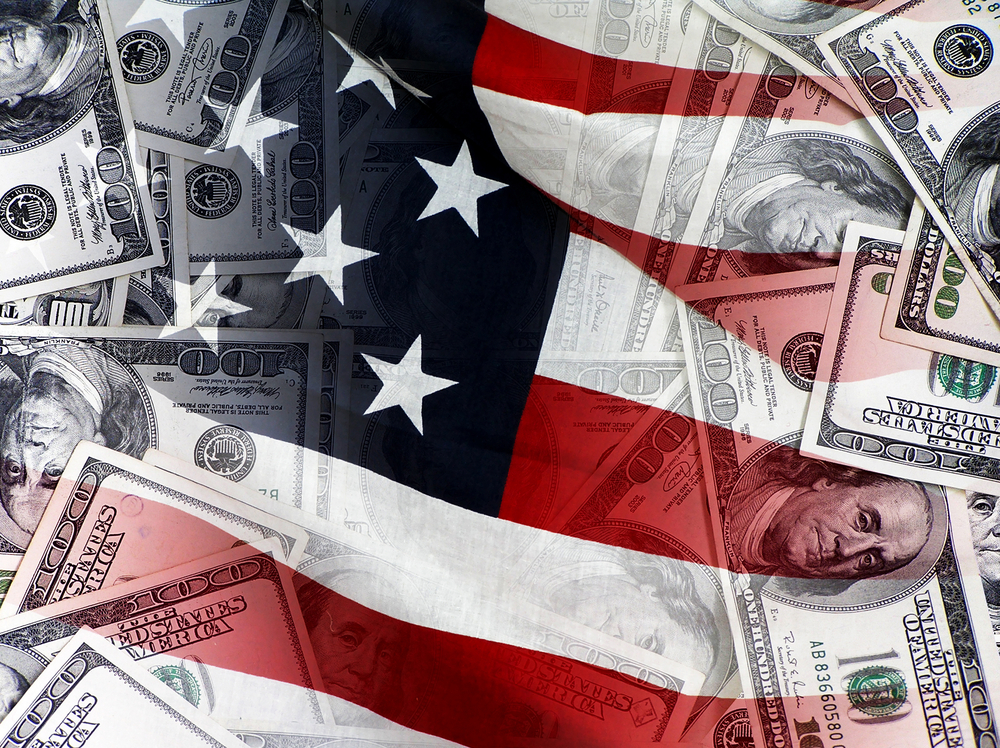In A.D. 37, Gaius Julius Caesar Augustus Germanicus — better known as Caligula — became emperor of Rome. Citizens, especially the elite senatorial class, were overjoyed. Despite the fact that he had improved the Empire’s defenses and finances, Caligula’s predecessor, the gloomy and reclusive Tiberius, had long since worn out his welcome.
Caligula’s personal background promised great things. His father was a much-loved Roman general who had subdued the Germanic tribes to the north, adding much territory to the Empire. Caligula had spent many years campaigning with his armies.
Romans adored Caligula at first. He decreed many populist reforms. The historian Suetonius recorded that 160,000 animals were sacrificed during public rejoicing over his accession to the principate.
By A.D. 39, however, Caligula had squandered the entire treasury accumulated by his predecessors — mainly on increased army salaries, political bribes and tax concessions to the masses. He then turned to false treason accusations against wealthy Romans as pretext to execute his enemies and seize their estates. Suetonius thought Caligula “wished that the Roman people had but one neck that he might cut it off.”
Increasingly narcissistic and self-absorbed, Caligula proclaimed himself a god, shocking Roman sensibilities. He was assassinated in A.D. 41 by desperate senators.
What a difference four years can make in politics … especially if you weren’t paying attention at the start.
Be Careful What You Wish For
As regular readers know, I have little interest in the U.S.’ “red versus blue” horse race approach to politics. I know “elections have consequences,” as President Obama famously put it. But the fact is that most Americans cast their votes based on fantasies of wish fulfillment rather than a careful consideration of the true nature of the candidates … just as the Romans did when they embraced Caligula.
In other words, there’s little point in getting excited about every little twist and turn in an election saga based on make-believe. On that score, the dominant trope of 2016 in some circles is that Hillary Clinton is a dangerous leftist, and Donald Trump plans to tax the heck out of the wealthy and pursue policies favoring American workers.
Neither is true.
Let’s start with Trump. Regardless of what he — and lazy journalists — might say, his official proposals would cut income taxes for the wealthiest Americans by almost 20%, resulting in additional budget deficits of $34.1 trillion over the next 20 years. Middle-income households would get a 5% cut, and lower-income folks would get 1%.
How this would restore lost U.S. prosperity is, shall we say, unclear.
How about Hillary? To anyone paying attention, the notion that she is a Marxist — I’ve heard people say that — is absurd. Nothing she has ever done or proposed suggests that she is anything other than a dedicated servant of the economic and political status quo, albeit with some social-liberal tweaks around the edges.
Paradoxically, the constant attacks on her from right-wing media allow her true track record to go unexamined, and exempt her actual policy proposals from serious scrutiny.
Clinton: Wall Street Wolf in Liberal Clothing
Her campaign says: “Hillary Clinton has the toughest plan to reform Wall Street.”
But Clinton’s official proposals amount to small tweaks to regulations adopted after the 2008 crisis. Her growth strategies revolve around standard-issue tax breaks and silly education proposals. Her tax policies call for some increases at the very top, but do nothing to address the labyrinthine complexity and unfairness of the U.S. tax code — easily the world’s worst.
Most importantly, she shows no interest in addressing the Washington/Wall Street “revolving door” that ensures the first rule of U.S. policy: Do no harm to the financial elite.
Perhaps that’s why the top five contributors to Clinton’s campaign efforts are employees or owners of private hedge funds, according to federal data. Seven Wall Street firms alone have generated nearly $48.5 million for her.
The total for Donald Trump from those same sources? About $19,000.
The Company One Keeps
There are credible accusations that the Clinton Global Initiative, Bill Clinton’s charitable foundation, has been run to the benefit of the Clintons and their cronies and may have even influenced Hillary’s decision-making at the State Department. At the very least, based on personal observations when I worked in Haiti after the 2010 earthquake, it is a colossal waste of resources.
But that’s par for the course for most U.S. mega charities. To me, it’s non-news, like Trump’s repeated manipulation of bankruptcy laws, or Halliburton’s influence on U.S. foreign and energy policy under the George W. Bush administration.
What would qualify as news, in my opinion, is a serious look at the reality behind Hillary Clinton’s economic and political policy platform. It wouldn’t reveal a Marxist in waiting. It would show that a Clinton administration would do precisely nothing to address the critical issues facing the U.S. It would merely maintain the fig leaf for the unsustainable status quo provided by the Obama administration.
Considering how essential it is that those problems be addressed without delay — starting with reform of the financial sector and the tax code — my recommendation is simple: Pay careful attention to what we say in the Sovereign Investor Daily, and act now on our advice to protect yourself from what’s surely coming … not what the press tells you is coming, but the reality.
After all, the Romans had nobody to help them analyze the future. You do.
Kind regards,

Ted Bauman
Editor, The Bauman Letter








